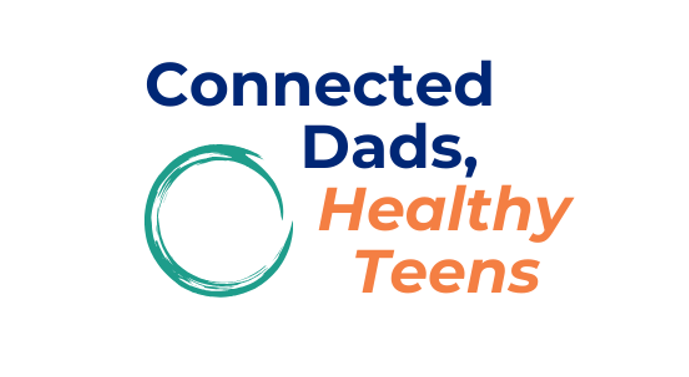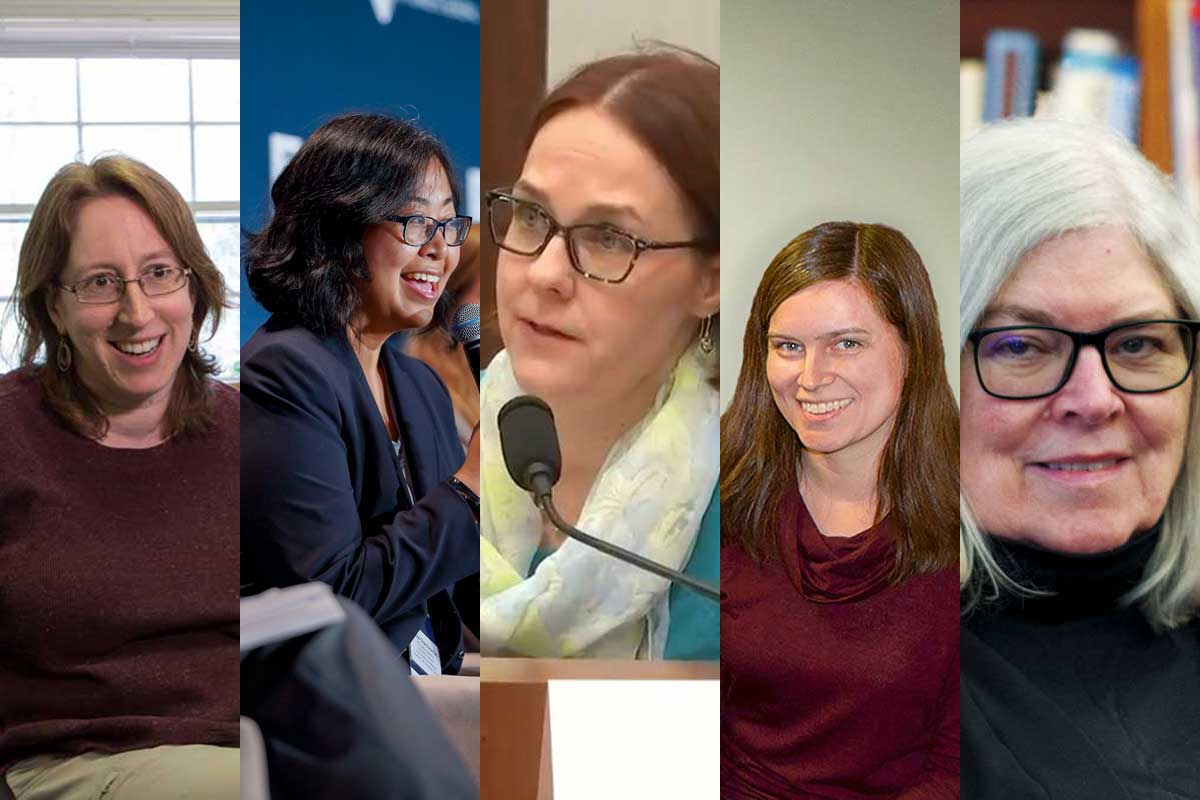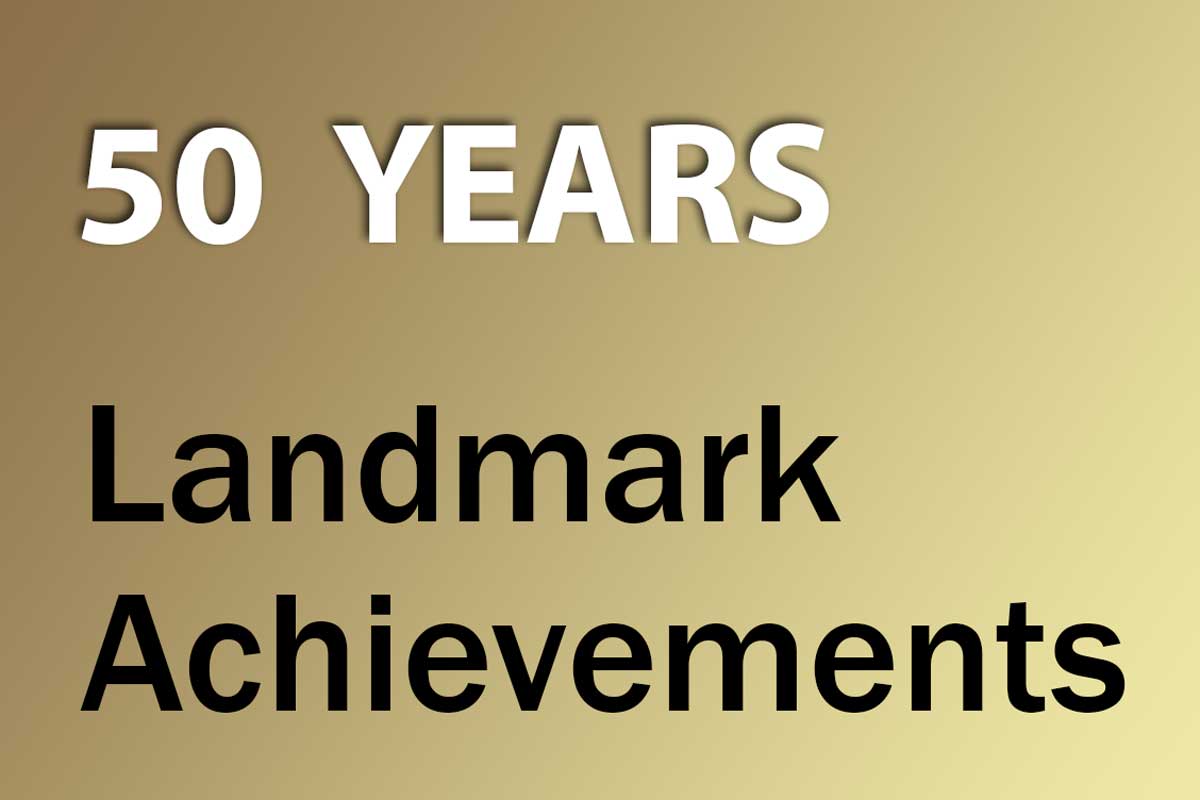 Jennifer M. Grossman, Ph.D., and her team recently wrapped up a successful pilot of their Connected Dads, Healthy Teens program.
Jennifer M. Grossman, Ph.D., and her team recently wrapped up a successful pilot of their Connected Dads, Healthy Teens program.

 From a study of how schools shortchange girls to our work on white privilege, these are some highlights from the past 50 years.
From a study of how schools shortchange girls to our work on white privilege, these are some highlights from the past 50 years.
 Jennifer Grossman, Ph.D., and her team will assess the curriculum’s impact on high school students in Cleveland, Ohio.
Jennifer Grossman, Ph.D., and her team will assess the curriculum’s impact on high school students in Cleveland, Ohio.
 Jennifer Grossman, Ph.D., and Wellesley College student Audrey DiMarco discuss their experiences as mentor and intern.
Jennifer Grossman, Ph.D., and Wellesley College student Audrey DiMarco discuss their experiences as mentor and intern.
Findings from a recent study highlight what fathers want in an intervention program that facilitates conversation between fathers and teens about dating, sex, and relationships.
 Several new studies from Linda Charmaraman, Ph.D., and Jennifer M. Grossman, Ph.D., help us understand more about the experiences of LGBTQ+ teens.
Several new studies from Linda Charmaraman, Ph.D., and Jennifer M. Grossman, Ph.D., help us understand more about the experiences of LGBTQ+ teens.
 A recent study highlights changes in the ways parents talk to their teens about dating and relationships during COVID-19.
A recent study highlights changes in the ways parents talk to their teens about dating and relationships during COVID-19.
 September 29, 2020
September 29, 2020
Jennifer Grossman, Ph.D., received a grant from the NIH to study whether fathers’ communication with their teenage children can protect teens from risky sexual behavior.
 Jennifer Grossman, Ph.D., will survey parents of high school students to understand how extended time at home may have changed the way they talk about dating and relationships.
Jennifer Grossman, Ph.D., will survey parents of high school students to understand how extended time at home may have changed the way they talk about dating and relationships.
Jennifer Grossman, Ph.D., senior research scientist. debunks five myths about talking to teens about sex and relationships, based on her research.
 Jennifer M. Grossman, Ph.D., senior research scientist at WCW, had article published in The Journal of Primary Prevention in September 2019.A journal article co-authored by Jennifer Grossman, Ph.D., explores how fathers can positively contribute to their teenage child’s sexual health.
Jennifer M. Grossman, Ph.D., senior research scientist at WCW, had article published in The Journal of Primary Prevention in September 2019.A journal article co-authored by Jennifer Grossman, Ph.D., explores how fathers can positively contribute to their teenage child’s sexual health.
 A study by Jennifer M. Grossman, Ph.D., explored how extended families support teens’ sexual health.
A study by Jennifer M. Grossman, Ph.D., explored how extended families support teens’ sexual health.
Linda Charmaraman, Ph.D., WCW senior research scientist and director of the Youth, Media, & Wellbeing Research Lab, co-presented a poster with her WCW Class of ’67 Intern Rebecca Leu (Class of 2019) entitled, “Adolescent Social Media Use and Body Image: Associations with depression, social anxiety, and peers,” at the annual meeting of the American Psychological Association (APA) in San Francisco, CA, in August.

From afterschool programs to conversations about sex, research from WCW recognizes the profound ways adults can ensure healthy adolescent development.
Dr. Jennifer Grossman explains how school-based sex education can give parents tools to talk with their teens.
 April 23, 2018
April 23, 2018
Most research about family sexuality communication has focused on teens and their parents, but Dr. Jennifer Grossman is including conversations with extended family members to understand how they can help teens make smarter decisions about dating, sex, and relationships.
Talking About Sex: Extended Family As Educators and Allies
Jennifer Grossman, Ph.D., is currently principal investigator of an R21 award from the National Institute of Child Health and Human Development (NICHD)—Adolescent Communication with Family and Reproductive Health, which includes the first comprehensive assessment of teens’ sexuality communication with extended family and its associations with sexual behavior as well as an exploration of extended family approaches to talking with teens about sex. Grossman is also principal investigator of an R03 award from NICHD—Risk Behaviors Among Offspring of Teen Parents: Effects of Parenting on the Next Generation, which addresses the potential of maternal and paternal parenting to reduce the high risk of early sex and teen pregnancy for offspring of teen parents. (The R21 grant mechanism is intended to encourage exploratory/developmental research by providing support for the early and conceptual stages of project development. The R03 grant mechanism supports small research projects that can be carried out in a short period of time with limited resources.)
Research & Action Report, Spring/Summer 2016
By Jennifer Grossman Ph.D.
Think about it—in many of our parents’ and grandparents’ generations, there was little family conversation about sex. Often, for religious and cultural reasons, family communication about sex was considered taboo. Many teens did not know what sex was or how to protect themselves from pregnancy or sexually transmitted infections (STIs). This has changed in many families, as cultural expectations have shifted and there is growing recognition that teenparent sexuality communication can protect teens from early pregnancy and STIs. Many parents also have reflected on the potentially harmful effects that ignorance about sexuality had on their own teenage years and lived experiences. Parents now often commit to talking with their children about sex, breaking from traditions of family silence from past generations, as a way to support their children’s healthy development.
Let’s Talk about #Sex by Jennifer Grossman, Ph.D.
Think about it—in many of our parents’ and grandparents’ generations, there was little family conversation about sex. Often, for religious and cultural reasons, family communication about sex was considered taboo. Many teens did not know what sex was or how to protect themselves from pregnancy or sexually transmitted infections (STIs). This has changed in many families, as cultural expectations have shifted and there is growing recognition that teenparent sexuality communication can protect teens from early pregnancy and STIs. Many parents also have reflected on the potentially harmful effects that ignorance about sexuality had on their own teenage years and lived experiences. Parents now often commit to talking with their children about sex, breaking from traditions of family silence from past generations, as a way to support their children’s healthy development.
Research & Action Report, Fall/Winter 2014
In late October, Planned Parenthood League of Massachusetts, the Wellesley Centers for Women, Planned Parenthood Federation of America, and ETR announced new findings published in the Journal of School Health that show Planned Parenthood’s middle-school curriculum, Get Real: Comprehensive Sex Education That Works, helps kids wait until they are older to have sex. It is particularly effective for boys.
Latin Post, October 26, 2014
by Nicole Akoukou Thompson
Wellesley Weston Blog, October 24, 2014
by Beth Furman
WNAM/ABC News Radio, October 23, 2014
by Staff
Wonkette, October 22, 2014
by Kaili Joy Gray
Sumru Erkut, Ph.D., and Jennifer M. Grossman, Ph.D., are cited in this article on the impact of sex-ed in health classes on middle school sexual behavior.
Boston.com, October 20, 2014
by Shannon McMahon
For Immediate Release: October 20, 2014
Parent Map July 29, 2014
By Elaine Bowers
For Immediate Release: January 21, 2014
For Immediate Release: September 16, 2013
The Eagle Tribune (North Andover, MA)
Paul Tennant
July 17, 2009
Two years ago, scholars at the Wellesley Centers for Women (WCW) launched a study of racial and ethnic identification among adolescents of mixed ancestry. The reasons for pursuing the research were several. Most literature about ethnic/racial self-identification patterns derived from adult respondents. For example, the series of studies that led to the change in wording of racial self-identification in the 2000 Census was carried out with adults.
December 15, 2007